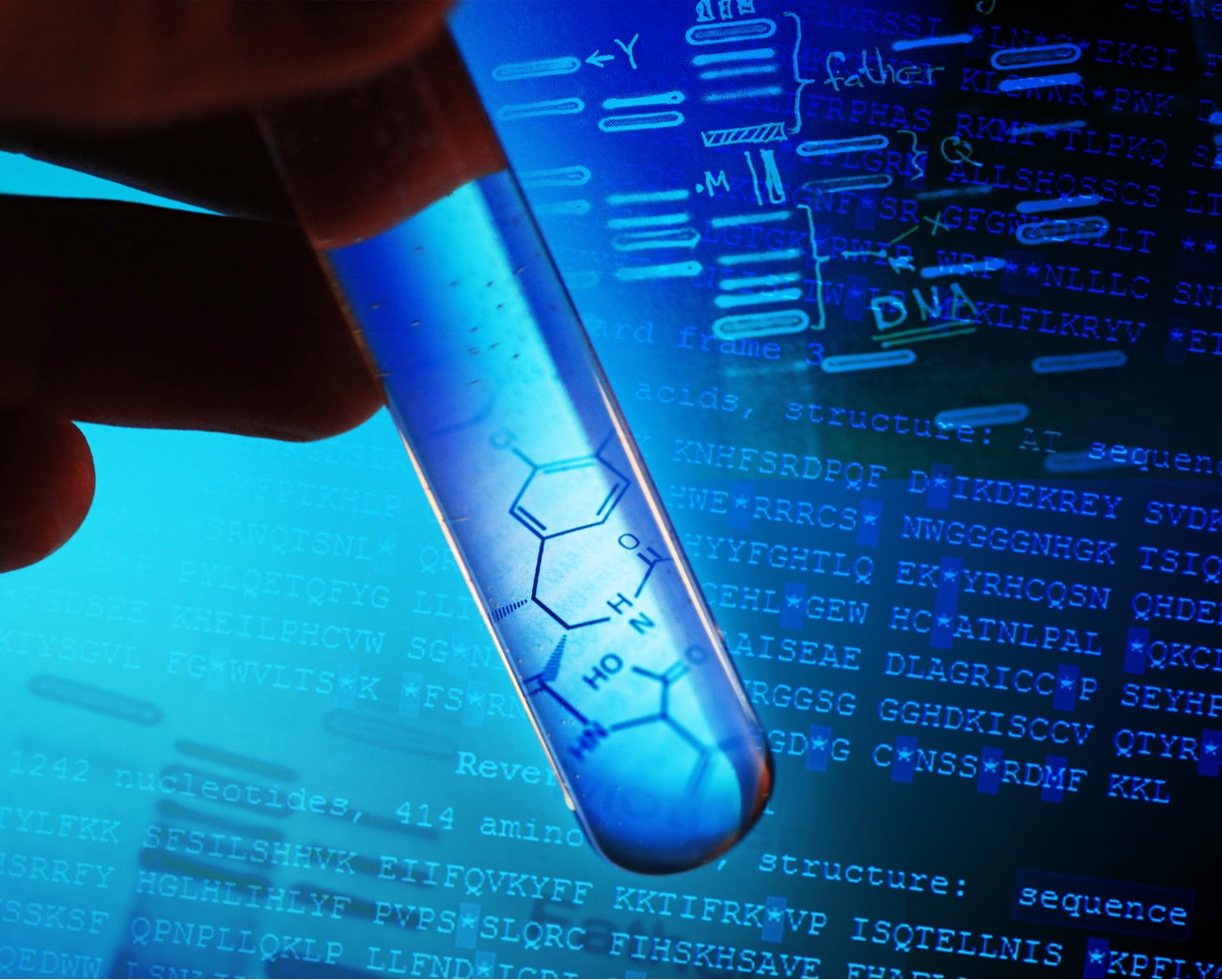
Biotechnology company Celgene has partnered with Exscientia, an artificial intelligence startup aiming to reduce the time it takes to bring new drug treatments to market by as much as four years.
It takes 13 years on average for a new drug to go from the idea stage to a readily available treatment. However, Exscientia’s AI-driven systems are able to reduce the pre-clinical trial stage from five years to down just one year.
Exscientia claims to be the first company to use AI to automate the drug discovery and design process using its Centaur Chemist platform. The technology uses vast amounts of drug discovery data and human-aided machine learning to refine treatments. A rapid design-make-test cycle is used, supported by seasoned human professionals, to test compounds until the right chemical balance is found.
The partnership with Celgene will focus on accelerating new treatments in oncology, the treatment of tumours, and autoimmunity conditions. In particular, Celgene hopes to accelerate the discovery of a number of small molecule therapeutic drug candidates for use in therapeutic programmes.
“Today, patients can wait more than ten years from initial drug discovery to its availability as a treatment,” said Andrew Hopkins, CEO of Exscientia.
“With autoimmune diseases and cancer rates increasing, the pharmaceutical industry’s R&D productivity needs to dramatically improve – and technology is a key part of this.”
 GlobalData Strategic Intelligence
GlobalData Strategic IntelligenceUS Tariffs are shifting - will you react or anticipate?
Don’t let policy changes catch you off guard. Stay proactive with real-time data and expert analysis.
By GlobalData
Lawrence Hamann, Corporate Vice President, Chemistry at Celgene, said:
“Exscientia have a proven track record of success in this emergent field, and we believe that reducing the number of iteration cycles in optimising structure-activity and developability relationships through their platform will very favourably impact our ability to deliver high quality development candidates targeting unmet needs in oncology and autoimmunity.”
AI drug discovery: Saving big pharma money
As part of the deal, Celgene will pay $25m upfront, while Exscientia will benefit from royalty payments dependant on the success of the partnership.
This is the fifth major partnership that Exscientia has secured since the company was founded in 2012. As well as Celgene, the startup has also teamed with the likes of Roche, GlaxoSmithKline, Sanofi and Evotec, leaders in the pharmaceutical, healthcare and biotechnology markets.
It is estimated that developing a new drug costs a pharmaceutical giant $2.6bn on average. Yet, nine out of ten treatments fail to gain regulatory approval, which puts the total spend at around $26bn for each new drug that is successfully brought to market.
In total, these deals are estimated to be worth more than $1bn if Exscientia continues to reach its development milestones, which could mean big savings for pharmaceutical companies, should their work with Exscientia be successful.
Read more: New technique could help combat counterfeit drugs and food







